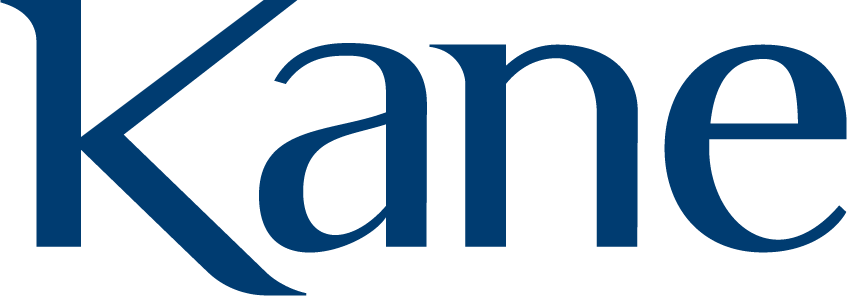How to Be an Employer of Choice During a Crisis
In this webinar, Kimberly Kane sat down with three Milwaukee business leaders to capture their advice on how businesses can ensure they maintain strong cultures that help attract and retain great talent during and after the current COVID-19 crisis.
“Employer of Choice” is a status many businesses aspire to. Historically, it’s meant building a fantastic work culture and workplace environment that attracts and retains superior employees. The new environment we find ourselves in – even when restrictions begin to lift in the coming months – has shifted the employer-employee relationship. The actions businesses are taking today to care for their employees may impact their employer brand for years to come. How can businesses continue to build their culture and employer brand in today’s landscape to prepare for a post-COVID-19 world? We asked these questions and more during our webinar on April 24.
Our panelists included:
Ted Balistreri, Owner of Sendik’s Food Market
John Borgen, Senior Vice President of Catholic Financial Life
Martha Carrigan, President & CEO of Big Shoes Network
Panelists supplied webinar attendees with a few recommendations and resources they use to develop their leadership skills:
Check out the BigShoesNetwork Resources page, containing links to blogs, podcasts and publications
Watch the MMAC Briefings for updates on COVID-19 in our community
Read the Harvard Business Review for leadership insights and tips
Read something to nurture your soul and grow your faith
Join an industry group (such as Vistage) who can provide access to peers and other sounding boards
Each panelist closed by giving our attendees a few nuggets of important advice:
From Ted Balistreri: “If you haven’t built up a culture, now is a great time to start.” He stressed the importance of trust-building through the use of transparent communications and follow-through on your promises. He noted that empathy is the most critical skill for leaders to employ right now – putting yourself in the shoes of your employees first.
From John Borgen: “If you have them in place, critically reflect on your crisis communication and business continuity plans and leverage it as an opportunity to improve.” He noted the complex balancing act leaders must perform between being empathetic and the need to project confidence, optimism and hope. Borgen noted that the only way to do that is by being authentic in your communications. Ultimately, he stressed the importance of two-way communications.
From Martha Carrigan: “Ask. Listen. Learn. Act. Tell.” Carrigan noted the importance of asking your audience first so that you know what you need to do before you start. She also stressed the “act” part of her process doesn’t mean doing it all at once – but just doing SOMETHING to move the ball forward. And lastly, she called out that we can’t forget to communicate with our audience after we do take action.
You can watch the full webinar by clicking play on the video above.
